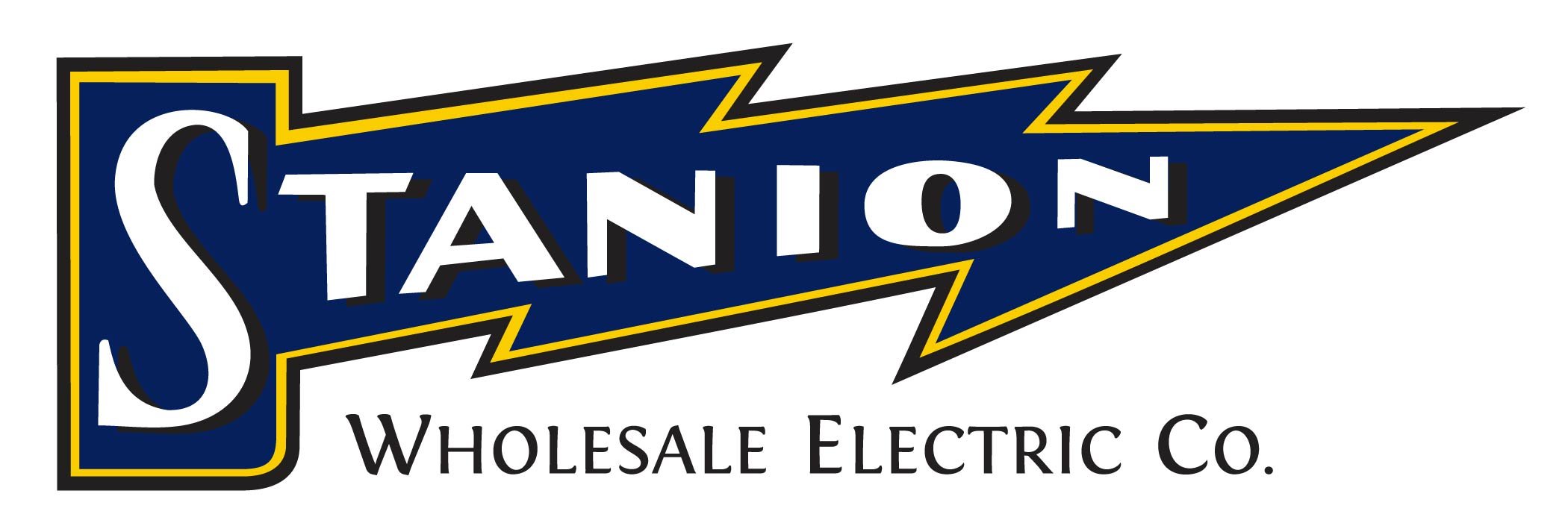Businesses Have Many Reasons to Love LED Lighting Technology
Incandescent lighting has had a long run – more than 100 years, in fact – but it’s falling out of favor as LED lighting becomes more commonplace. This blog post is courtesy of Cooper Lighting.
Why the change?
For starters, LED Technology has resulted in lighting that lasts 25 times longer than traditional incandescent lighting and uses at least 75% less energy.1
Value-conscious businesses are making the switch to lighting that’s based on LED Technology. Though LED Technology Lighting comes with higher upfront costs, it’s so much more energy-efficient that it can significantly reduce a facility’s monthly energy bills.
In fact, LED Technology makes luminaires that can be more efficient than any other type of artificial lighting.
- Lighting with LED technology also helps to reduce the strain on your air conditioning system.
That’s especially great news for buildings with long, hot summers. Unlike incandescent lightbulbs, LED Technology bulbs produce much less heat. So much so, in fact, they remain cool to the touch. - More ways LED Technology saves energy and helps the environment.
Carbon footprint-reducing measures will continue to be on people’s minds. It’s a big plus that LED Technology bulbs are recyclable and do not use mercury. - Bulbs made with LED Technology typically last much longer than traditional bulbs.
While an incandescent light may emit about 1,000 hours of light in its lifetime, a bulb with LED Technology could provide 30,000 – 50,000 hours or longer,2 reducing maintenance costs and manhours.
- LED bulbs are safer and more durable.
Unlike incandescent lightbulbs that can shatter and leave you with dangerous shards of glass to contend with, bulbs made with LED technology are made with sturdy, break-resistant materials. They’re known to endure shocks and vibrations. They also hold up during harsh weather conditions, making LED Technology bulbs an ideal choice for your outdoor lighting. - Pair LED Technology with smart lighting solutions and you have virtually complete control over your lighting.
LED Technology allows you to customize your lighting system to be even more cost- and energy-efficient. Dimmers, timers, motion sensors, and light sensors, for example, can help you avoid lighting spaces when no one is present. They can also adjust to accommodate the level of natural light in a space, basically saving you from paying to add more light than is needed at any given time. - LED Technology supports happier, more productive employees.
Studies have shown, quality lighting can affect employee morale and productivity.3 Conversely, poor lighting can have a detrimental effect on employees.4
LED Technology allows you to change the color temperature of a space to make it more attractive as well as more beneficial to the people who work in it.
Color temperature is based on the science of how our melatonin levels react to daylight throughout the day. We know that cool white light, like that of morning light, is bright and energizing. It’s ideal for offices and manufacturing plants where focus is important.
- Many different businesses are seeing benefits from LED Technology.
According to Peter West, director of energy programs at Energy Trust of Oregon. “LEDs work well for all types of businesses like retail and hospitality, high-bay fixtures in warehouses, lighting for refrigerated spaces, car dealerships, and more."5
What could LED Technology do for your business? Talk to a Stanion Lighting Specialist or visit cooperlighting.com for more information.

1https://www.energy.gov/energysaver/led-lighting
2https://www.energy.gov/eere/ssl/led-basics#:~:text=Good%2Dquality%20white%20LED%20lighting,lamps%2C%20more%20than%2030%2C000%20hours
3https://onlinemba.unc.edu/news/how-lighting-affects-productivity/
4https://www.nobelprize.org/prizes/medicine/2017/advanced-information/
5https://www.bizjournals.com/portland/news/2016/04/05/why-some-businesses-are-switching-to-led-lighting.html
